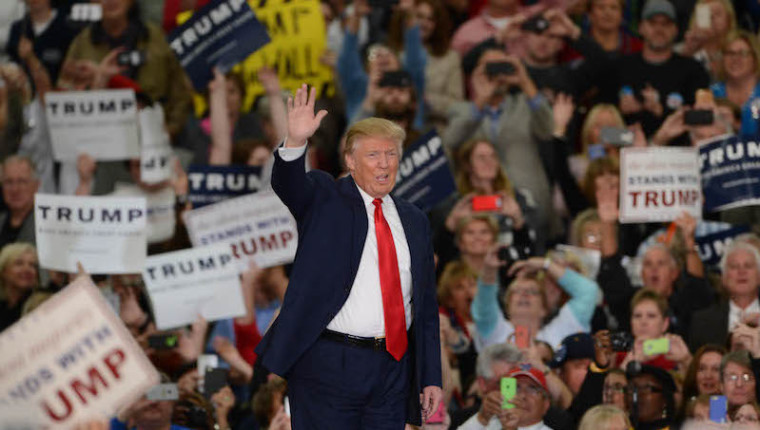
Donald J. Trump is now officially the 47th President of the United States. He has also served as POTUS from 2017 to 2021. Among others, tech leaders were quick to react to Trump's victory and send their warmest congratulations.
The President of the United States has control over pretty much everything in the country, especially regulations and tariffs. During his recent presidential campaign, Trump repeatedly said he would reduce regulations for companies and impose tariffs on imported goods to help US businesses stay competitive against their Chinese or Korean rivals.
Much of Trump's first term also revolved around tariffs and igniting a trade war with China. Back in 2018, Trump even called himself the “Tariff Man.” Again, during a rally in Latrobe, PA in October, he said, "Tariff is the most beautiful word in the dictionary. More beautiful than love, more beautiful than respect,” as per New York Times.
As it seems, tariffs are a big part of Trump’s economic plan for the next four years. Trump allegedly plans to impose a 10-20 percent tax on imported goods to the US, with the tax could even rise to 60 percent for China-made goods.
As for the tech companies, the impact and implications of imposing a 60 percent tariff on imported goods from China could be considerable. Apple and Google are currently producing their flagship phones in China, and despite efforts to expand factories to countries like India and Vietnam, China still dominates their supply chain.

Ditching China from the Big Tech supply chain could take years, and cost billions of dollars in additional investment. In addition to that, Apple CEO Tim Cook already said producing smartphones in China is not because of cheap labor but skillful workers who are hard to find somewhere else. Elon Musk also later backed this claim.
Donald Trump will enter the White House in 2025, and imposing tariffs could be one of his first executive orders. The first implication of such an order is that the price of electronics will significantly go up for the US consumers. For example, the $799 iPhone 16 could cost over $1,200. Same as for Google Pixel and Samsung Galaxy phones.
A hefty tariff could also encourage Big Tech to bring their factories to the US. Apple and TSMC already began making iPhone chips in Arizona, potentially paving the way for “Designed by Apple in California, assembled in [a random US city] iPhones.”
Of course, many important factors should be taken into account while expanding smartphone manufacturing to the US, including the higher cost of labor, finding skillful workers, and investing piles of money in new production facilities.




















74 Comments - Add comment